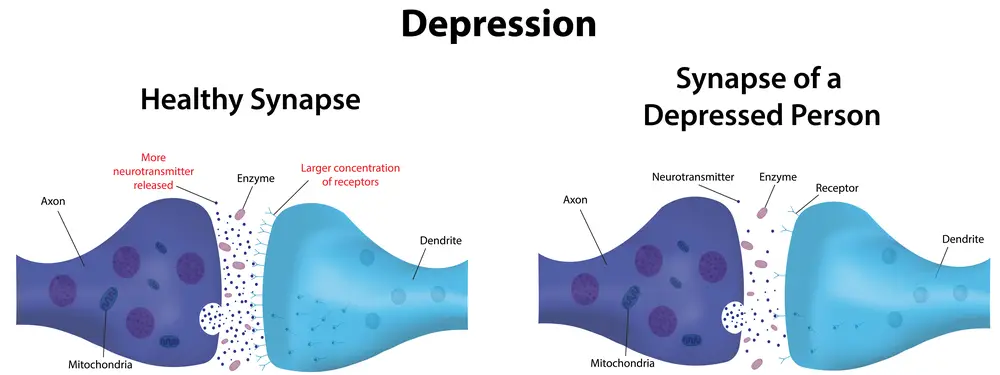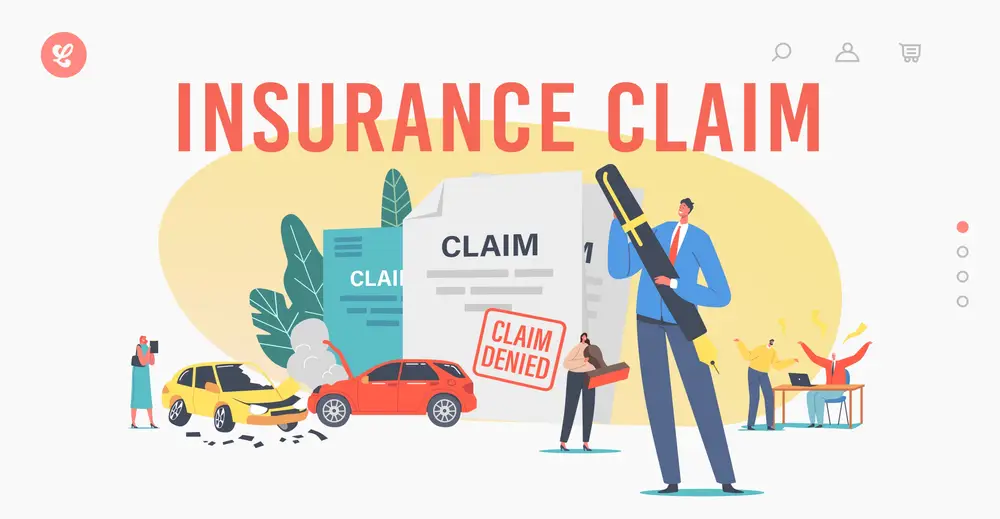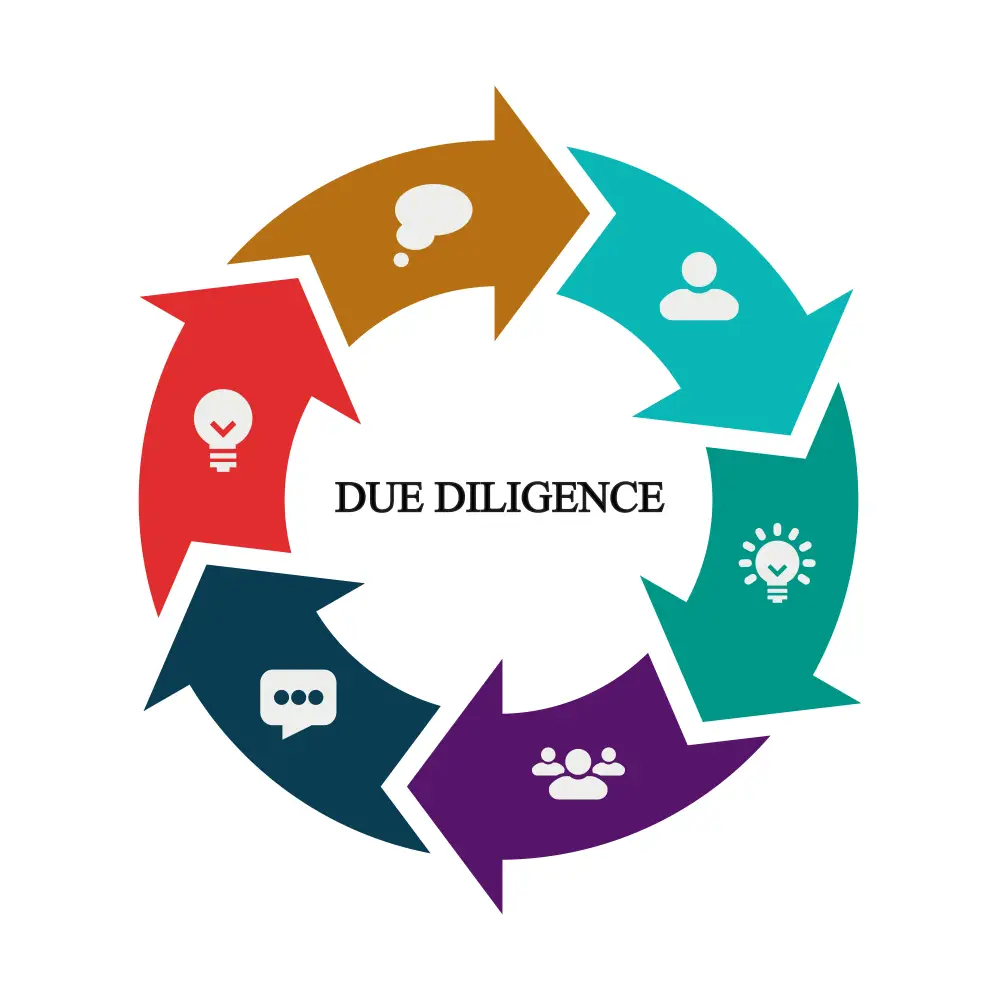Ketamine Helps Treat Mental Health Disorders – It’s Not Just A Party Drug

Ketamine has been found to have many therapeutic benefits and is also an excellent catalyst that helps to “rewire” the brain and treat severe mental health conditions. Neurons in our brains use glutamate as their chemical messenger. When these cells don’t get excited by this substance anymore due to depression or another reason, they become less responsive, which leads us to feel sad more often than not.
Is Ketamine A Miracle Cure?
Ketamine has been described as a “miracle cure” for those suffering from depression. This medication is believed to interact with glutamate receptors, which help form new brain cells and connections between them. It also helps ease anxiety by reactivating synapses associated with happy memories while blocking out negative memories, allowing one’s mind to heal without additional intervention or assistance.
The drugs’ actions on these neurotransmitters may partly explain why some people who were unable clinically to treat their mental health disorder through standard treatments experienced remission after ketamine therapy.
Ketamine Is An Effective Treatment For Depression
The drug is an effective treatment for depression because it stimulates the new growth of synapses. If a person’s synapse number decreases due to their mental health condition, ketamine can help them repopulate those lost connections and experience transformative results with the medication.

Potential For Addiction
Ketamine has been shown to work through an opioid mechanism, which means it could potentially be addictive. A study by Stanford, on the antidepressant effects of ketamine, showed that opioid receptors require activation. The risks of ketamine don’t match those of opioids. Doctors and researchers have confirmed people will need larger doses over time as their body builds a tolerance to the drug. That is what happens in the case of prescription painkillers like opioids or amphetamines. Someone might require an increasing amount of a drug due to the amount they take becoming less effective after continuous administration. There are cases illustrating individuals who abuse drugs such as ketamine can withstand higher doses than one would think possible.
While Ketamine is FDA-approved for treatment-resistant depression (TRD) and major depressive disorder (MDD) it is frequently being prescribed as an off-label treatment, meaning it’s not FDA-approved for the specific medical condition it’s being used to treat.
Off-label uses sometimes come with risks that may outweigh their benefits or efficacy. For example, some doctors recommend against using ketamine for those with a history of substance abuse or who are currently undergoing medication therapy because the side effects can be dangerous. In those situations, if the user continues to use the drug they are addicted to, the combined effects of multiple drugs used simultaneously can be lethal.
There is some evidence showing ketamine may worsen symptoms among patients suffering from schizophrenia using antidepressant doses since the drugs produce transitory disruptions within the mental state. Ketamine doesn’t treat every person or every disease effectively because each unique person interacts differently with the drug.


Ketamine And Insurance
Since ketamine has been used for years as an authorized treatment option by the FDA, it is possible to get various forms of the medicine covered through insurance, but it might not be for off-label treatments, so make sure to consult with an experienced ketamine doctor or clinic and your insurance company so you know what your out-of-pocket expenses will be for the treatment sessions. Most people need treatment for one to three months, depending on the initial results from their first session and the severity of their medical condition(s).

Uncertainty With Insurance
Insurance disputes are just part of the process. Uncertainty by patients has prevented many people from getting this alternative form of medical treatment. Some people will start treatment, and something comes up, like a car accident resulting in unforeseen expenses, making treatment cost-prohibitive. Many people, based on their testimonials and clinical research, have seen incredibly positive changes after beginning these ketamine treatments.
Although statistically probable, there’s no guarantee ketamine or any medicine or treatment will help, and even if it does, its side effects could vary from person to person. Off-label use can be risky because not all patients react the same, meaning they might need more or less of an ingredient than the manufacturers initially intended. This is where expert medical alternative practitioners like ketamine doctors can add value as a provider of these services.


When looking for a ketamine therapy treatment specialist, make sure you do your due diligence, so you know who you are entrusting with one of your most prized possessions, your health.
Article Reviewed By

Richard Koffler, MD
NPI Number- 1467557264
- Dr. Koffler is a Physiatrist, specializing in Physical Medicine & Rehabilitation.
- Graduated from the Sackler School of Medicine at Tel Aviv University in 1993 Dr. Koffler completed a one-year internship in internal medicine at Roosevelt Hospital in New York City.
- Residency in Physical Medicine and Rehabilitation at the Rusk Institute at NYU Medical Center in New York City. Board certified in 1998.
- Trained in acupuncture at Helms Medical Institute at UCLA His medical practice incorporates proven conventional western medicine integrating eastern alternative practices.
- Medical Director of several medical clinics in NYC, Stamford CT, and Miami Beach, FL.
Medical Disclaimer
The information on this site is not intended or implied to be a substitute for professional medical advice, diagnosis, or treatment. All content, including text, graphics, images, and information, contained on or available through this website is for general information purposes only. Ketamine DRS makes no representation and assumes no responsibility for the accuracy of the information contained on or available through this website, and such information is subject to change without notice. You are encouraged to confirm any information obtained from or through this website with other sources and review all information regarding any medical condition or treatment with your physician.
NEVER DISREGARD PROFESSIONAL MEDICAL ADVICE OR DELAY SEEKING MEDICAL TREATMENT BECAUSE OF SOMETHING YOU HAVE READ ON OR ACCESSED THROUGH THIS WEBSITE.

